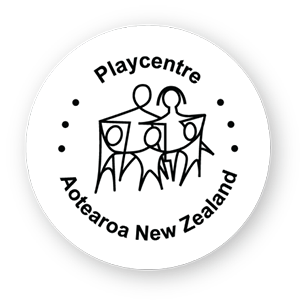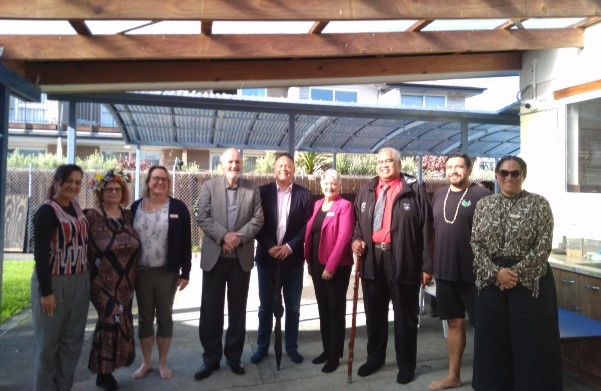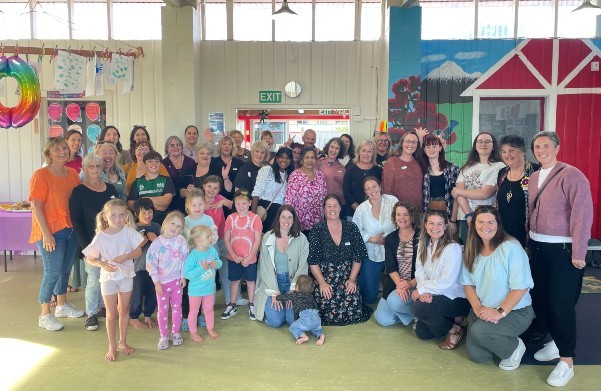Literacy in nature
literacyˈlɪt(ə)rəsi/noun the ability to read and write. “tests of literacy and numeracy”
synonyms:ability to read and write, reading/writing ability, reading/writing proficiency.
When we first started our Wild Wednesday Explorer sessions a lot of thought went into what we needed to bring along with us on sessions for the children to ‘do’. We brought along clipboards, paper and pencils with
the thought of ‘if the children wanted to do some drawing of what they are experiencing” then we had the tools with us.
I think we took these with us to two sessions, at which time my mind had changed dramatically and was thinking clearer. Yes, these ‘tools’ are great and could be of great use – but why did we have to use paper and pencils? Looking around on our sessions there were so many opportunities for drawing, writing, and written literacy in nature and that didn’t require me to carry along a truck load of resources.
Yesterday we went to Cave Rock for our Explorer session and I had just finished talking with one parent about
all the things we used to bring with us and why we don’t anymore when we looked up and clearly saw that the
children used nature as their tools. One child was using their hands to draw and write on the sand, another a stick to write their name, one had a shell that they were scooping through the sand to draw pictures, and another with their finger delicately drawing a butterfly.
In New Zealand, our Early Childhood Curriculum, Te Wha¯ riki, promotes a socio-cultural perspective of literacy in early childhood. It encourages a holistic view of literacy where infants, toddlers and young children engage with literacy in ways which reflect their growing expertise.
Eleven month old Poppy, unaware that she is developing literacy skills, watched the older children on the sand drawing and writing, and joined in making patterns on the sand with her hands.
Three year old Bethan tells me about the castle she made, told me a story about who lives there and what the castle looks like. A story teller, fully immersed in literacy in many ways, Bethan used a rich vocabulary describing the size, texture, colours, the people, what the people did every day, how they were feeling.
Four year old Rhia wrote her name expertly over and over in the sand. Rhia is confident at writing letters and lots of words and the other children love watching her writing and then start trying their own letters and words.
Learning from each other. Younger children learning from the older children. Older children being the teachers. This is Playcentre, where we keep all ages together, birth until six years old.
And so, while we don’t bring all our resources and ‘tools’ to help our children during our Wild Wednesday
Explorer sessions, we have all the tools around us to help support no matter what.
Kirsty Bell
Avonhead Playcentre




